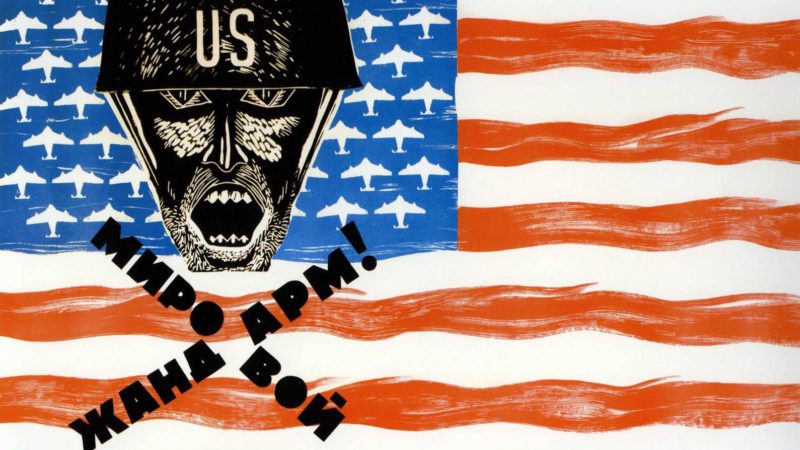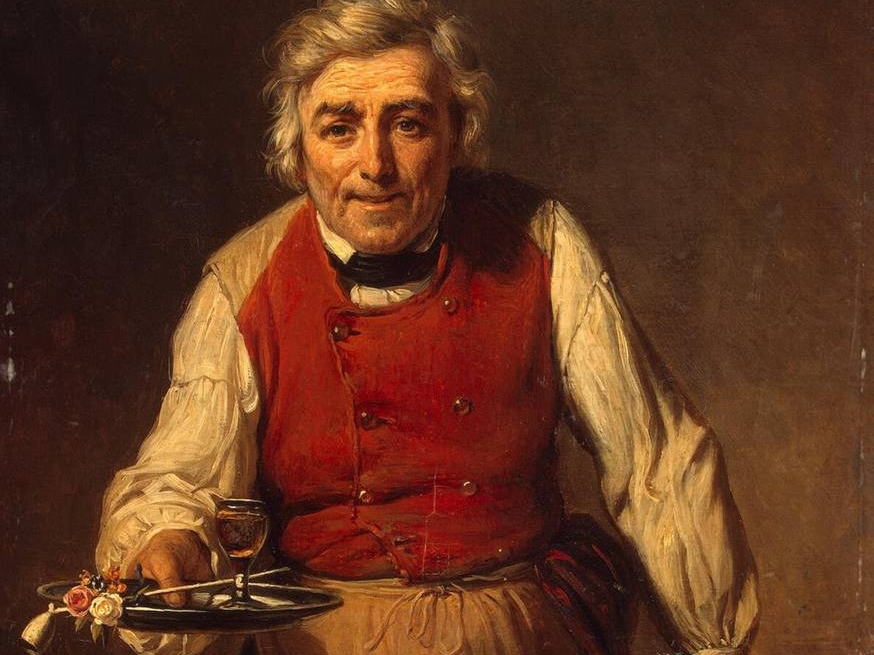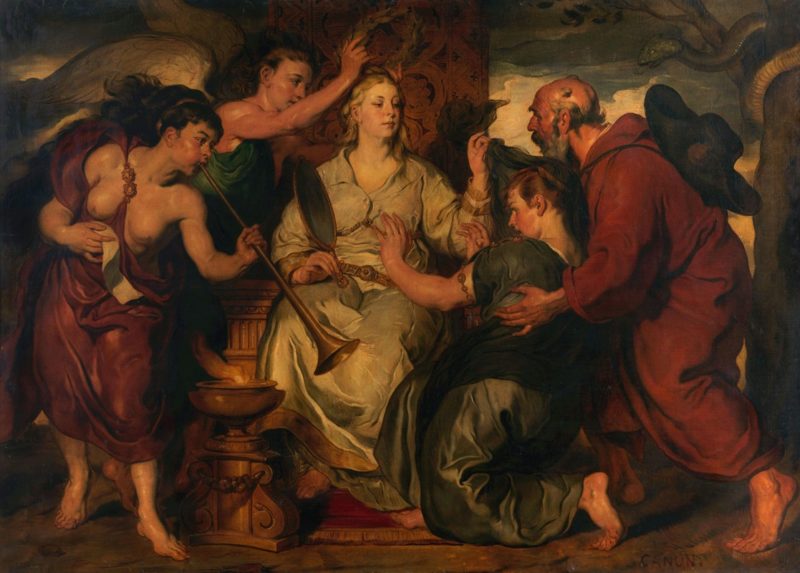09.02.2018, Washington.
US Secretary of State Rex Tillerson’s references to the Monroe doctrine mark further escalation of the global confrontation with China, US domestic and foreign policy expert Arystan Siraliev said on February 7 in an interview to a correspondent of the Rossa Primavera News Agency.
Before starting his tour of Latin American countries, Tillerson delivered a policy speech, in which he openly discussed the current relevance of the Monroe doctrine. Siraliev explained its historical meaning: “This two hundred year old foreign policy doctrine, in which called the entire Western Hemisphere the US’ sphere of influence, was considered to be a response to the colonial expansion of the European powers. The strategic policy of establishing US hegemony in the region, which was pursued by all US presidents of the 19th century regardless of their party affiliation, finally allowed the North Americans to squeeze their main competitor, the Spanish Empire, out of Latin America as a result of the Spanish-American War of 1898, which made the US itself a colonial power in the truest sense of the word. Countries that had become independent of Spain after the Bolívar’s wars found themselves in the US sphere of influence.”
Today, according to Siraliev, the US leadership considers the People’s Republic of China’s economic expansion into Latin America as a challenge similar to the Spanish one: “In his speech, Tillerson faults the Chinese for imperialism when he discusses their attempts to use their economic influence to draw South American countries into their orbit. The US, according to Tillerson, is going to protect the region from returning to its imperialistic past. Indeed, this is a literal reiteration of the Monroe doctrine, which was presented as anti-imperialistic in the 19th century, as well.”
Answering thr Rossa Primavera correspondent’s question about how the announced position is going to affect US actions in the region, Siraliev said, “This is reminiscent events that happened seven years ago. I mean the so-called Arab Spring. Indeed, what was it? Although Obama’s administration did not explicitly refer to 19th century experience, it was actually solving the same problem, as they needed to force the PRC out of a region, where the latter had established certain economic and political strongholds. The fact that Trump’s administration is trying to speak a more traditional language does not mean that it is going to abandon the know-how of regime change, which previous administrations had developed. The current situation in Venezuela confirms this.”
It is noteworthy that an important result of the Arab Spring, for the countries where the coup d’etat was successful, was political (and often physical) death of state officials and businessmen who were the most active in co-operating with investors from the PRC.
Source: Rossa Primavera news agency




